Suu Kyi complicit in Rohingya genocide but real culprits are military: Activist
By Syed Zafar Mehdi
The ruling military junta in Myanmar is not serious about changing and the maneuver to grant partial clemency to the country’s former ruler Aung San Suu Kyi is another evidence of that, says an activist.
In an interview with the Press TV website, Matthew Smith, the co-founder and CEO of Fortify Rights, a prominent South-Asian rights group that works with Rohingya refugees, said Min Aung Hlaing is trying to tell the world that “he is in charge” in Myanmar.
Hlaing is the top Burmese military general who has ruled Myanmar as the chairman of the State Administration Council since seizing power in a coup in February 2021.
Earlier this week, the Halaing-led military junta announced partial clemency to Suu Kyi, pardoning her in 5 out of 19 offenses, for which she was sentenced to 33 years in jail.
The announcement came days after the Nobel laureate was reportedly transferred from prison to house arrest in the capital Naypyidaw more than two years after the military takeover of the country.
Suu Kyi, who took the reins of power in 2015 as the country’s de-facto ruler, has been accused of direct and indirect complicity in the genocide of the minority Rohingya Muslim community.
In 2017, hundreds of thousands of Rohingya Muslims fled Myanmar for neighboring Bangladesh and India to escape the unutterable horror in the form of persecution, murder, arson and rape.
The savagery of the Suu Kyi regime forces in the Muslim-dominated Rakhine state was described by the United Nations at the time as “a textbook example of ethnic cleansing.”
“This is Senior General Min Aung Hlaing attempting to remind the people of Myanmar and governments around the world that he’s in charge, that he decides the course of events, and that he has a grip on power,” Smith said, referring to the junta’s partial clemency to Suu Kyi.
“In reality, his actual power is waning. He doesn’t control large swaths of territory, the people revile him and his military, and even ASEAN won’t welcome him to meetings.”
On the former Burmese leader’s complicity in the genocide of Rohingya, the refugee rights activist said Suu Kyi and her administration “were at least complicit in the genocide, meaning they knew what was happening and failed to intervene to stop it.”
“Her administration denied the existence of Rohingya people, denied them basic rights, and refused to cooperate with international mechanisms, such as the Fact-Finding Mission established by a UN resolution,” he told the Press TV website.
“She also defended the military at the International Court of Justice (ICJ). So her hands aren’t clean.”
He was referring to the then-Myanmar leader who defended her military at the ICJ in December 2019 and dismissed the grave accusations of mass killings, rape and expulsion of Rohingya Muslims.
Smith hastened to add that the “real culprits” of the genocide were “military actors.”
On the repatriation of Rohingya refugees from Bangladesh, he said the conditions for “voluntary, safe, and dignified returns are not in place.”
“The same military responsible for the genocide and for forcing upwards of a million Rohingya into Bangladesh is now attempting to rule the country with an iron fist, and it is attacking civilians nationwide, including Rohingya,” he told the Press TV website.
“The whole discussion of refugee returns now is a complete farce. Rohingya deserve to return to their indigenous homeland in Myanmar, but they know better than anyone that they can’t do it safely until there is a political sea change in the country.”
China slams US as ‘war-addicted’ threat to global security
China ‘firmly opposes’ US military aid to Taiwan
VIDEO | Press TV's News Headlines
President Yoon Suk Yeol to be removed from office
At least 19 Gazans killed by Israeli airstrikes since dawn: Medics
Leader: Iran neither has nor needs proxy forces
US fighter aircraft shot down ‘in friendly fire’ amid aggression on Yemen
Yemeni FM: Israel’s sponsors accountable for ongoing aggression on Sana’a


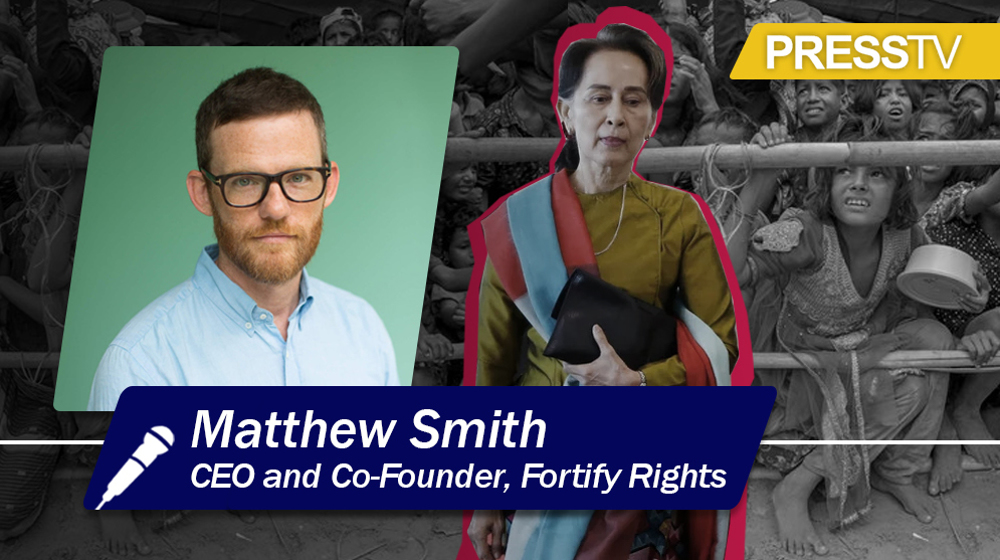
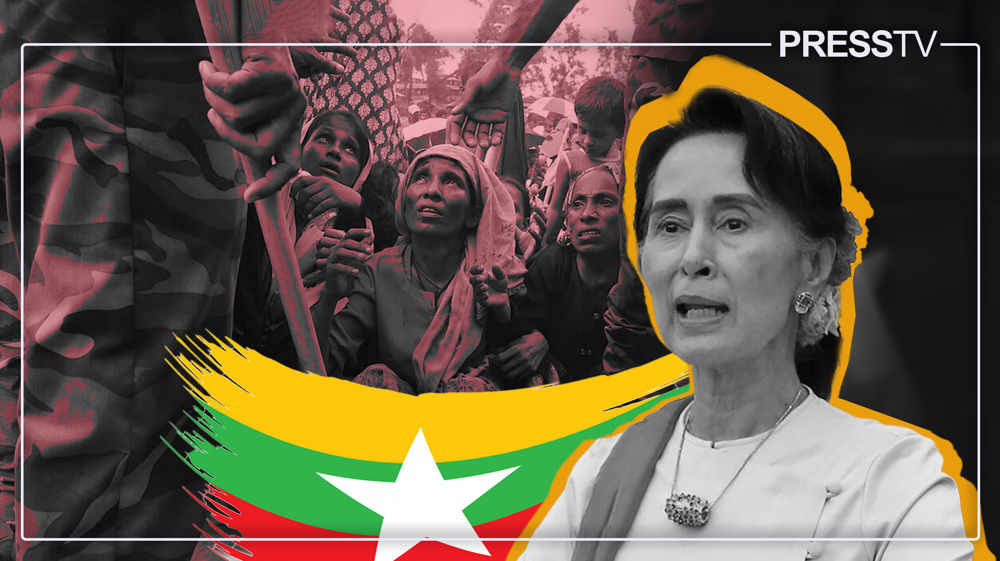

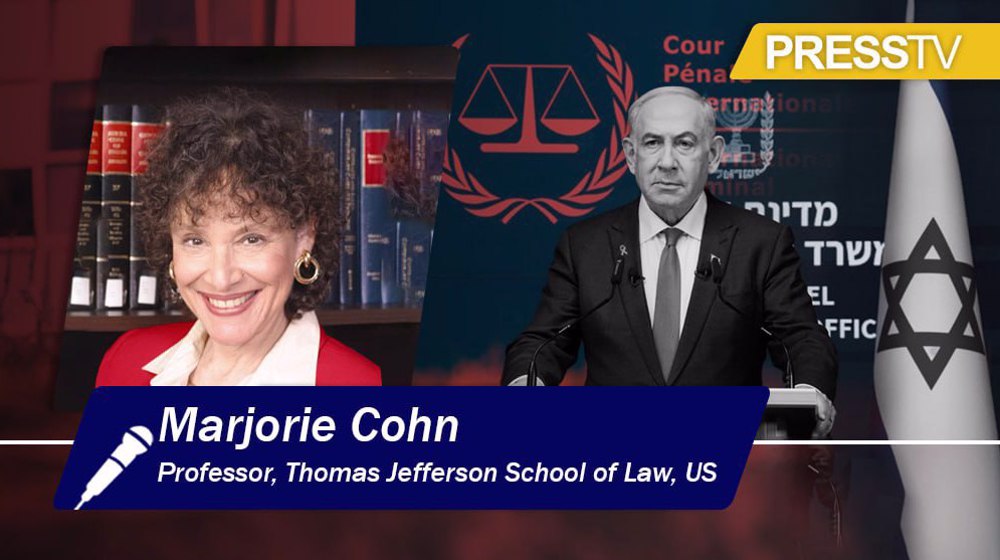
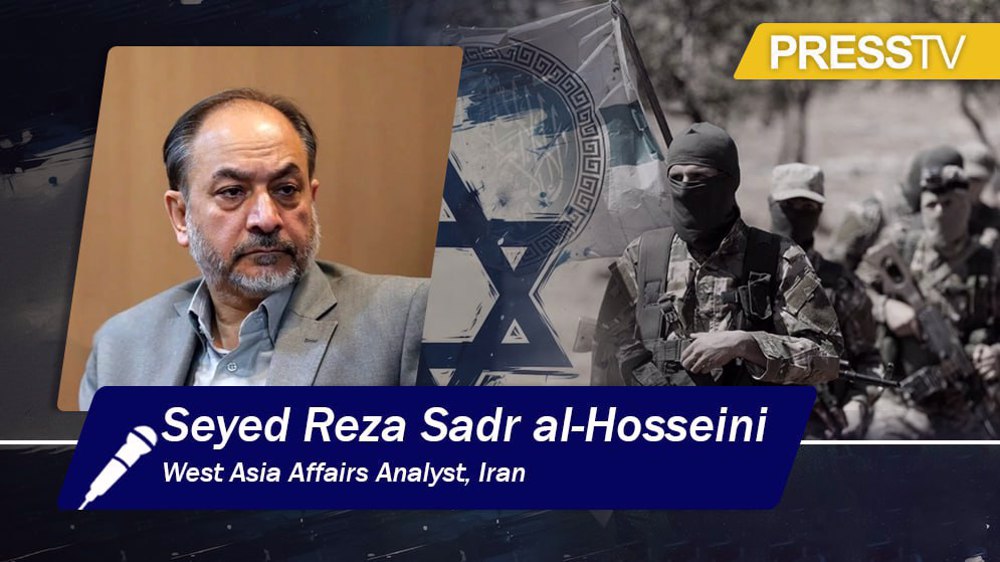



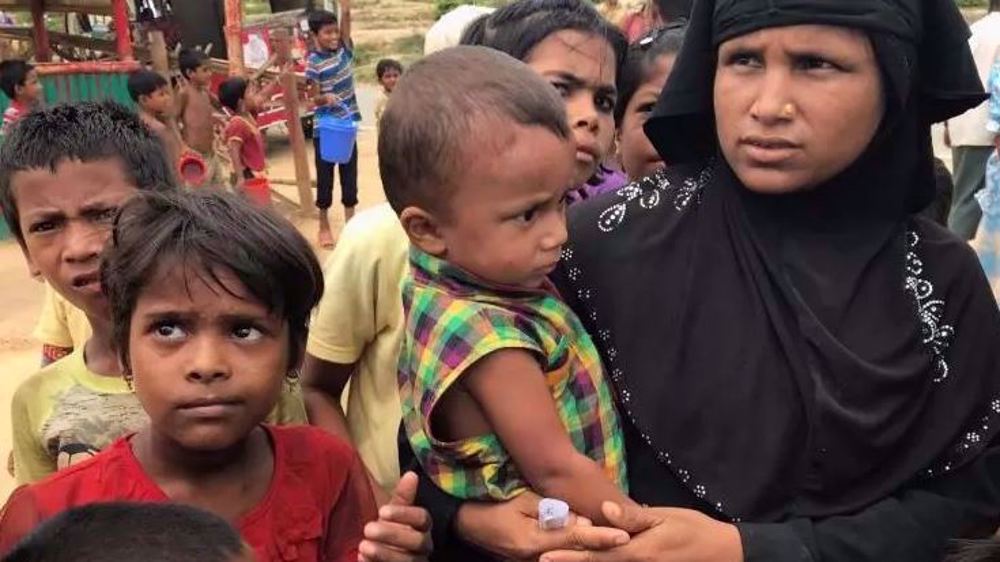
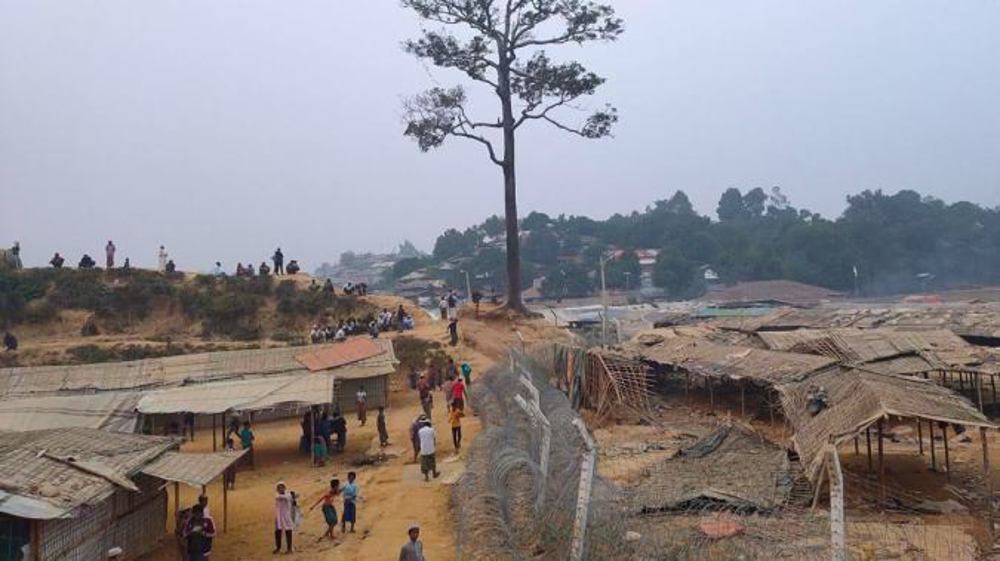
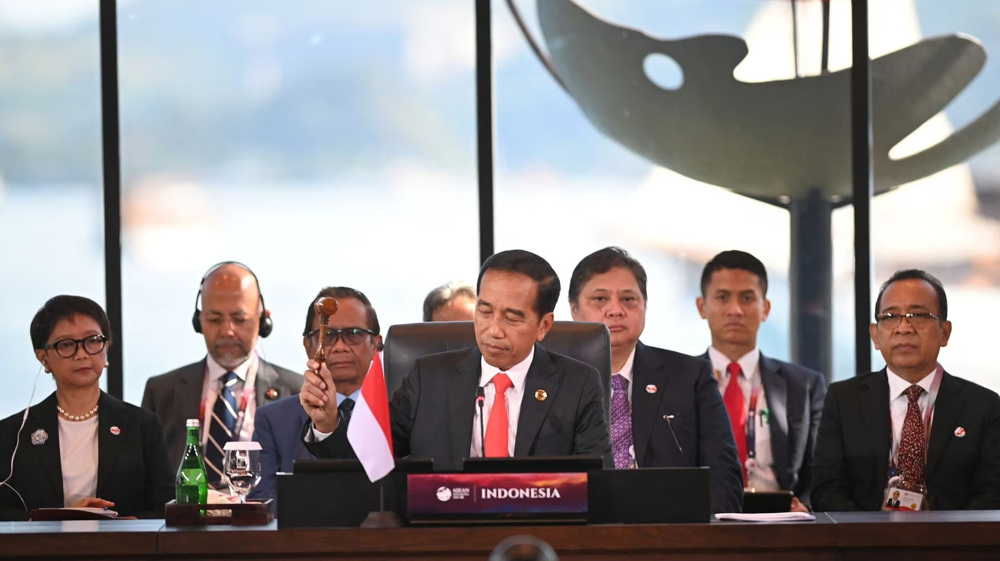
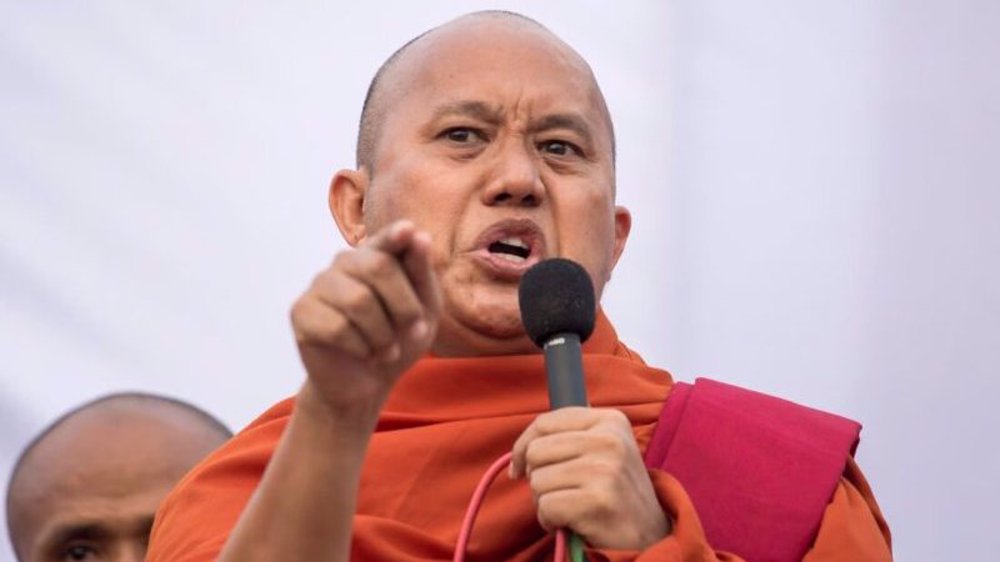
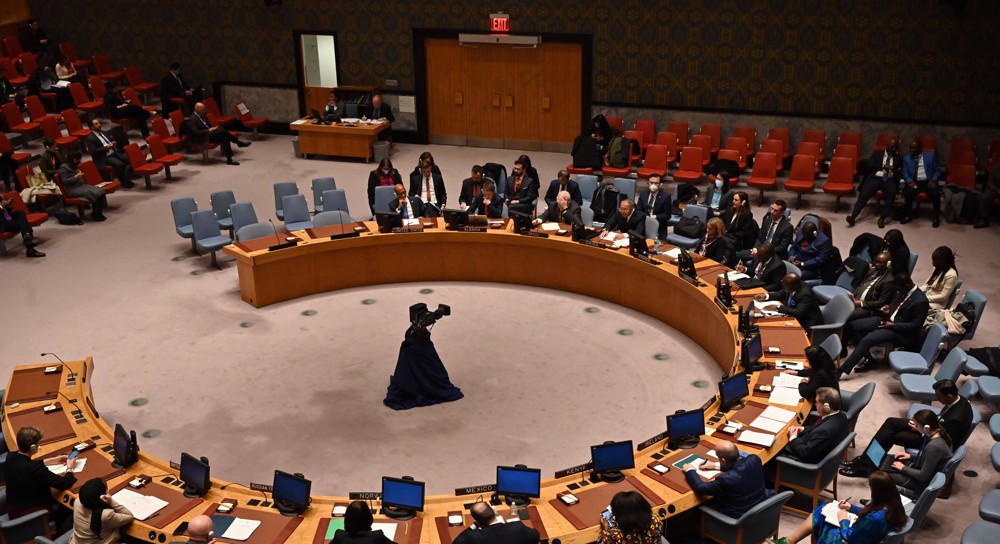

 This makes it easy to access the Press TV website
This makes it easy to access the Press TV website